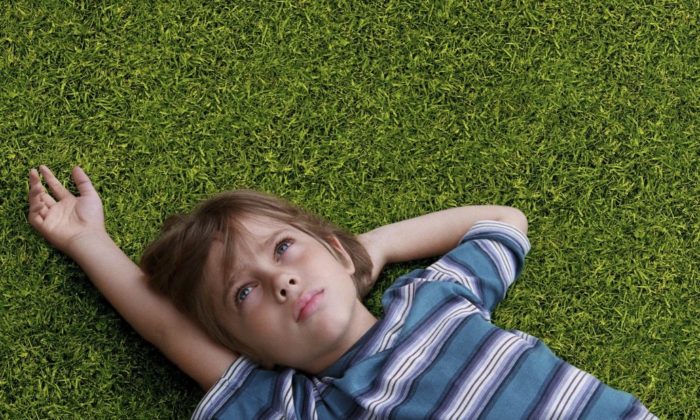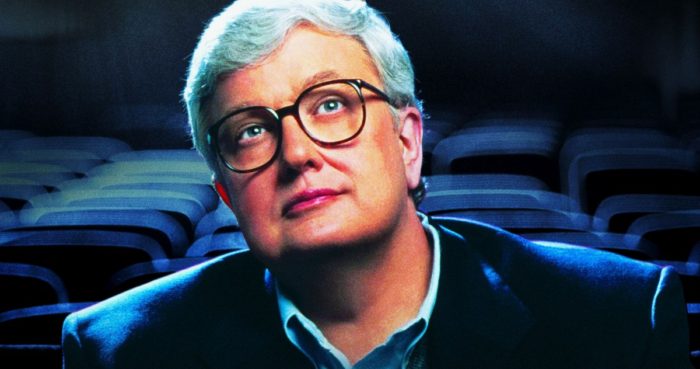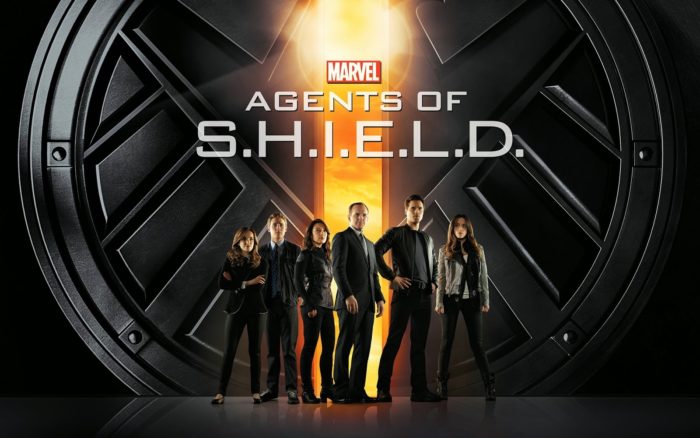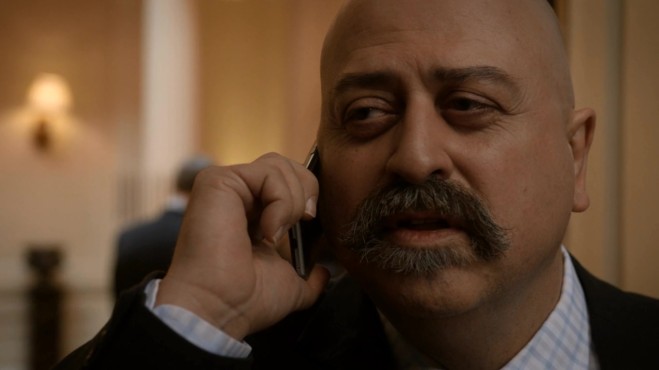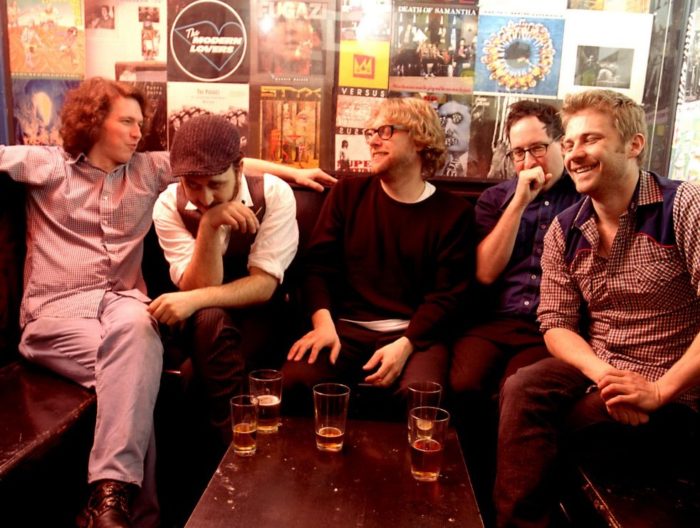
It’s been an unusual year for the blog, we’ve been writing less as we as a group finally fully transitioned away from being students. Well, I guess not totally and completely, since Colin is still taking improv classes, but at this point in time, we all have all the degrees we’re planning on getting. With the demands of adulthood weighing on all of us, it’s hard to justify writing on this tiny, almost forgotten blog. But, just like the podcast, I still love the idea of having this artifact of who we all were and what we were like at this point in time, and so I press on.
Normally I would have reviewed a bunch of things earlier, but I was pretty busy trying to graduate. Then I should have talked about those things on the best of the year so far podcast, except technical difficulties have introduced the possibility that episode might never be released. So I return to the keyboard for a chance to write about some of my favorite things this year, that I might be able to remember them come December. Not that I imagine I’ll have any trouble recalling the second season of Hannibal any time soon.
I caught up with Hannibal just as its second season began, and at the time I was not nearly as diehard a fan as many of the NBC show’s small audience. I enjoyed how artistic the show was, and how it told a story about a manipulated descent into madness, and the promise that there would be less self-contained episodes this time around, but I didn’t come into this season loving the show. As you might guess based on all those stars up there, that changed.
What caused that change? Well, for one, I think watching a show once a week definitely does make me more invested in it than a marathon. It forces me to savor every minute I get and gives me questions to dwell on, since I know the only thing that can answer them is time. It’s what forces me to read AV Club reviews and even check the comments, maybe even go as far as to find the Hannibal subreddit. I’m not saying marathoning is wrong, in fact, some shows (especially Netflix ones) actually really benefit from condensed viewing. But Hannibal might not be one of them.
But really, I think that Bryan Fuller and everyone else involved in Hannibal just stepped up their already great game. The season opens with an amazingly thrilling fight sequence and ends with almost the entire cast on the brink of death. Along the way we see people get sewn together, sliced into vertical sections, and eat their own faces. And that’s just the stuff vague enough to write about, some of the tableaus we’re shown over the course of the season are so original and disturbing I’d hate to spoil them here.
That element spills into every part of the show, as we see Will Graham (Hugh Dancy) try to unravel the situation the first season left him in. As certain we are that Hannibal (Mads Mikkelsen) is always in control, always plotting everything that happens, Will becomes a wildcard, increasingly difficult to read. The season basically unfolds in two halves, but both are unified in the duel between Hannibal and Jack Crawford (Laurence Fishburne) for Will’s soul – and it’s a delight to watch. Other shows have done similar arcs, Dexter and True Detective come to mind, but it’s rare to see an ostensibly good character to completely embrace the dark.
There is a slight diversion in the later stages of this 13-episode run with the introduction of Margot and Mason Verger (Katharine Isabelle and Michael Pitt) that might rub some people the wrong way. Was it a distraction? Yes. But what they did with it was impressive, and it just added more to Dr. Lecter’s character. Really, if any character was underserved this season it was Caroline Dhavernas’ Alana Bloom, who finds herself in a terrifying position but is never given a real chance to shine and comes off as dumb or annoying, which probably wasn’t intended.
Hannibal gets away with more disturbing imagery on basic cable than I’ve seen on the likes of HBO and Showtime. That has to be because everything it attempts is expertly done, a swirling maelstrom of compelling writing, strong performances, and amazing production. To borrow from the voice of our generation, Kanye West, this is a beautiful, dark, twisted fantasy and I’m just glad I get to watch it.


